Given the following set of xs and ys:
xs = [8294400, 2073600, 921600, 409920]
ys = [124, 433, 853, 1449]
Fitting this with a power law in Excel yields a good approximation:

Excel found a function of the form a(x^b). How can one determine a and b in C#? I tried using Math.Net numerics but I don't see any method that would work for a function of this form. All the functions in the Linear Regression module just find linear coefficients to functions of various forms but none seem to be able to determine an exponent.